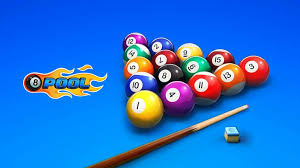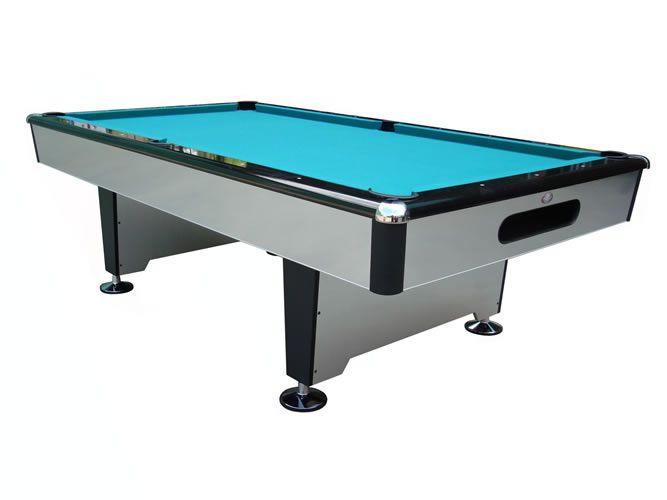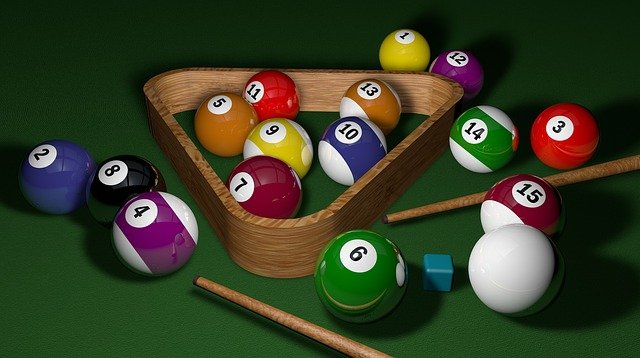
One of most popular sports worldwide is pool. You can play it on many different sizes of tables. You need to be skilled at the game. There are many forms of pool. But the most popular are continuous and eight ball. These games require a high level of skill and can be played as singles, doubles or as a team sport.
The game's objective, however, is to collect all the designated balls. This includes the eight-ball, cue ball and other object balls. Each player is allowed to choose from one of two pockets found at the foot the table. They continue until they foul, miss, or both. Fouls must be reported to the officials and the ball must be put back on for a fresh shot. There are a variety of fouls that can occur, such as a break, hitting the cue ball into an object ball, committing an illegal break, and executing a jump shot.
The World Standardized Rules are the official rules of pool. These rules are used by many international tournaments, organizations, and the Billiard Congress of America. If there is a foul, the ball must be put back on. The ball pocketed by an opponent counts as one point.

In eight-ball, the goal is to pocket the black eight ball. Depending upon the game variation, the other balls may be numbered 1-9. The winner of the game is the one who has the ball in his own hand.
A normal foul will result in a minus point. The penalty for a normal foul is a minus one. The player can decide to go back to his original position after he has taken his next shot. Or, he could decide to keep his shot. If the opponent takes the ball from his pocket, he'll receive a point.
Another type is the ball and hand foul. This happens when a person touches the cue ball while not having their foot on the ground. Before taking a shot, the player must announce which pocketed ball he or she has. After the foul, the ball must be kept as close to the foot spot that it was when it was taken.
The player who commits two fouls in a row must be warned before taking his or her next shot. A third foul, if not accepted by the player, will result in the loss of the game. Example: If the player breaks during the first inning of play, he/she will be awarded a minus point of -10.

Non-player interference can also be considered a foul. A foul is one that is not considered to be player interference. Non-player interference does not count if the ball is pocketed in the course or a foul.